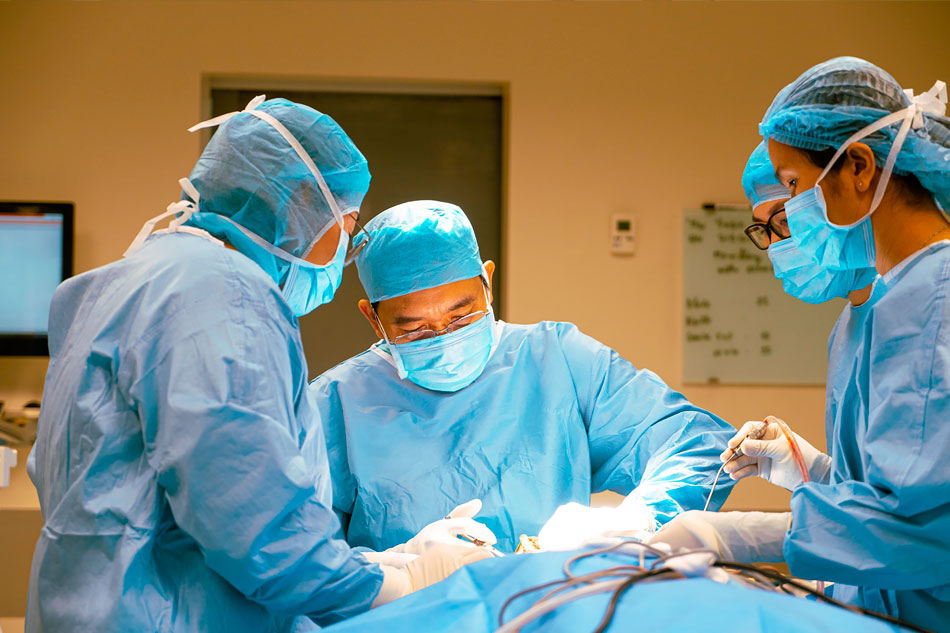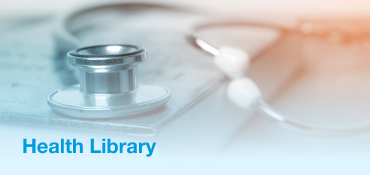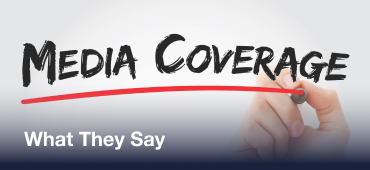Table of contents
PAIN
Pain is expected after your surgery but varies between individuals.
- Take Ibuprofen or Paracetamol as prescribed by your doctor.
- Narcotic pain medications like Ultracet® (Tramadol – Paracetamol 37.5mg/325mg) or Efferalgan® Codeine (Paracetamol–Codeine 500mg/30mg) must only be taken for severe, uncontrollable pain. Some of the side-effects of narcotic medications include nausea, vomiting, dizziness, constipation (take an over-the-counter stool softer as needed), light-headedness, sleepiness, etc. Do not operate heavy machinery, drive or drink alcohol when taking narcotic pain medications.
- It is best to stay ahead of the pain therefore the 1st week after surgery, stick to a schedule every 3-4 hours and then increase the amount of time between doses as tolerated. After the 1st week, begin to try and use pain medications as needed only.

SWELLING AND OEDEMA
Expect significant post-operative swelling and oedema.
- The swelling and oedema peak usually occur on the 2d and 3d day after surgery and approximately two thirds will resolve in 2-3 weeks. However, the remaining third will take several months to completely resolve.
- Rest, ice (for 2 days), compression (with the head dressing placed at time of surgery for 24 hours), and elevation of your head is recommended to minimise swelling.
- Keeping the head in an upright position both preoperatively and postoperatively may significantly improve periorbital swelling and oedema.
- Keep your head above the level of your heart for 2 weeks after surgery. While sleeping, elevate your bed with pillows or sleep in a recliner.
- If you notice increased swelling after the 4d day, please contact FV Hospital as instructed in paragraph ‘When to contact us’.
BLEEDING
Some mild oozing from your surgical sites is expected. If you had surgery in your upper jaw, there is going to be some bleeding through the nose. This is normal and this may last up to 2 weeks. If the bleeding through your nose becomes profuse or bright red, please contact FV Hospital right away as instructed in paragraph ‘When to contact us’.
INFECTION
- If you were prescribed antibiotics, finish them as prescribed.
- If you develop a fever > 38.5 Celsius degrees or if you develop chills, night sweats, or pus from your surgical sites please call FV Hospital as instructed in paragraph ‘When to contact us’.
NASAL SINUS PRECAUTIONS
Many patients feel congested after upper jaw surgery.
- Use Sterimar blocked nose® as prescribed to irrigate and cleanse the nose and sinuses, as frequently as desired to keep your nose moist.
- You may also take Xylometazoline nasal spray (only within 3 days after surgery, not to exceed 3 days) as prescribed to help with congestion.
- For the first 14 days: NO vigorous nose blowing. No drinking through straw. No closed mouth sneezing. Do NOT blow your nose. Do not hold sneezes in. Do not smoke.
CLEANING
- There are no restrictions to personal hygiene habits. Showering and basic bodily hygiene is important to perform after surgery.
- Use lukewarm water and wash your hair and face – including the areas where the incisions might be.
WOUND CARE
- Keep wound clean and dry. Shower, but do not soak in a tub or swim until the wound is fully closed.
- Apply over-the-counter antibiotic ointment to any abrasions until healed.
- Avoid sun exposure during healing process.
DRESSING CHANGE
- Wet-to-dry dressing changes 3 times a day. Tap water is suitable, there is no need for sterile saline. Remove dressing to shower and let warm soapy water run over the wound. Then reapply a new wet-to-dry dressing.
- Wear head dressing for one additional day after you leave the hospital.
- Lower chin dressing stays on until next follow up.
EYE CARE
- Apply tetracycline 1% eye ointment 3 times daily to eyelid incision. It is OK to shower but do not scrub.
- Apply artificial tear eye drops to moisten eye as needed.
ORAL HYGIENE
- Maintain excellent oral hygiene.
- Continue to brush all surfaces of your teeth as usual but do not brush the teeth on the incision sites.
- The incisions are almost in the gutter areas so if you keep your toothbrush on your teeth, you won’t injure the incisions.
- Use a child-sized toothbrush and use toothpaste in less amounts than you usually do.
- Use your Kin Gingival® mouthwash (Chlorhexidine 0.12%) as prescribed.
- Do NOT use a waterpick for at least 10 days after the operation and then only at the LOW setting.
WIRES AND BANDS
- Elastics or rubber bands that we placed are used to help make final adjustments and ensure your bite is correct.
- Continue to use the rubber bands as explained to you.
- If you have wires that keep your teeth together, wire cutters will be provided in case you need to remove these in an emergency.
DIET
It is extremely important to maintain adequate nutrition after surgery for proper healing.
- If your teeth are not wired together, you can open and close the mouth but must be on a soft diet for the next 6 weeks. You may eat foods such as fish, scrambled eggs, mashed potatoes, refried beans, well done vegetables, soft pasta, rice, as well as anything in a liquid form.
- Please avoid all sorts of nuts, hard meat or crunchy foods.
- It is ok to use a straw or any form of bottle or cup that is comfortable for you.
- You may eat liquid food if you are under interdental fixation.
- Avoid alcohol while or 72 hours after taking Flagyl® (Metronidazol) for possible side-effects.
EXERCISES
- Continue jaw stretch exercises. Scissors jaws apart or open in the front teeth. Also push right side of lower jaw with your right hand balled into a fist, and push your temple on the left with your left hand. Repeat on the other side as well.
- From 48h after surgery, warm compresses, firm massage for 20 min 4-5 times a day will help as well.
ACTIVITY
- Avoid any strenuous and vigorous activities for 2-3 weeks after your procedure.
- However, you should get up and walk around at least 3 times a day as it will help your recovery.
WHEN TO CONTACT US
In case of:
- Fever above 38.5 Celsius degree for more than 4 hours
- Persistent nausea or vomiting
- Worsening abdominal pain
- Sudden worsening of pain, redness, swelling, drainage, bleeding from your wound
- If you are vomiting blood or have blood in your urine or stool.
Call FV Hospital’s Dental & Maxillo-facial Surgery Department (during office hours) or Accident & Emergency Department (out of office hours) or go directly to FV Hospital’s Accident & Emergency Department.
Make sure you have a follow-up appointment with your surgeon at the FV Hospital’s Dental & Maxillo-facial Surgery Department 1 week after your discharge from the hospital.
CONTACT INFORMATION
During office hours
Dental & Maxillo-Facial Surgery Department
FV Hospital, 1st Floor, F Building
Tel: (028) 54 11 33 33 – Ext: 3344
Out of service hours:
Accident & Emergency Department
FV Hospital, Ground Floor, F Building
Tel: (028) 54 11 35 00



